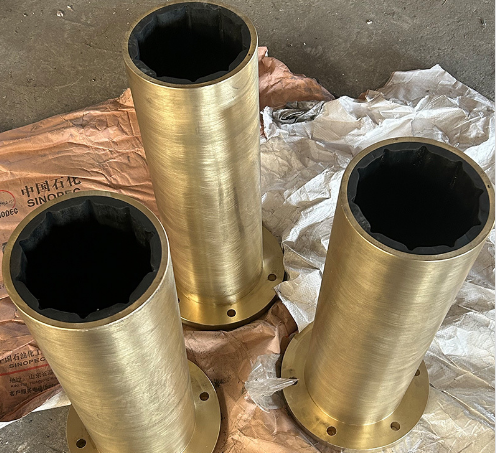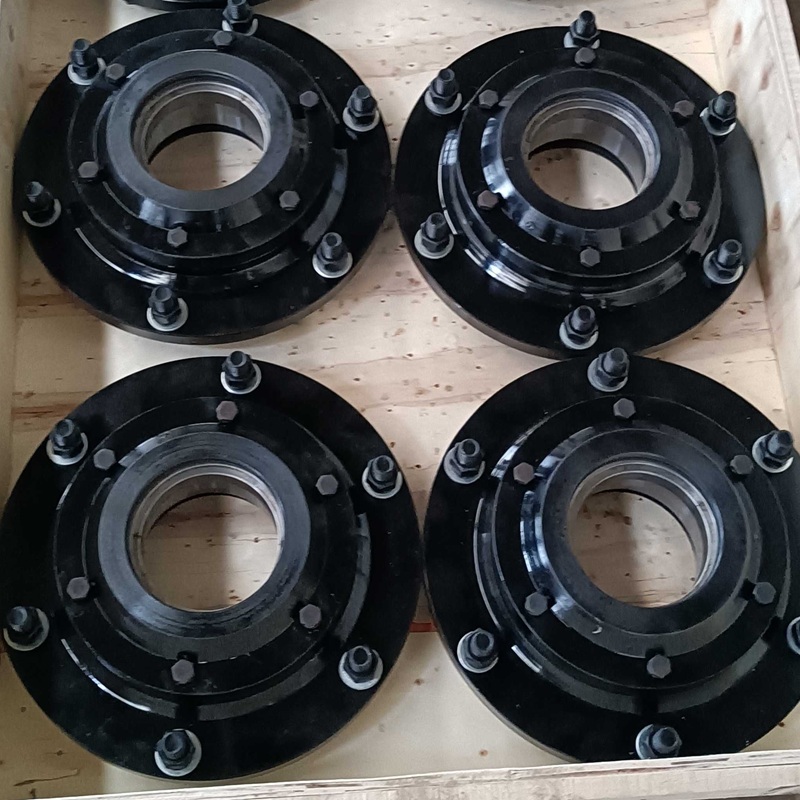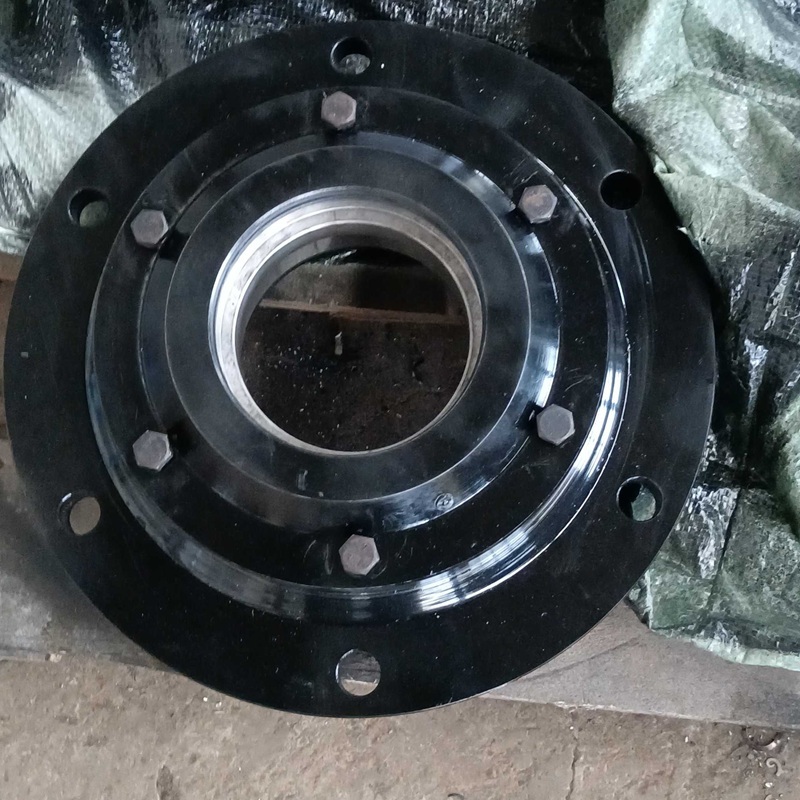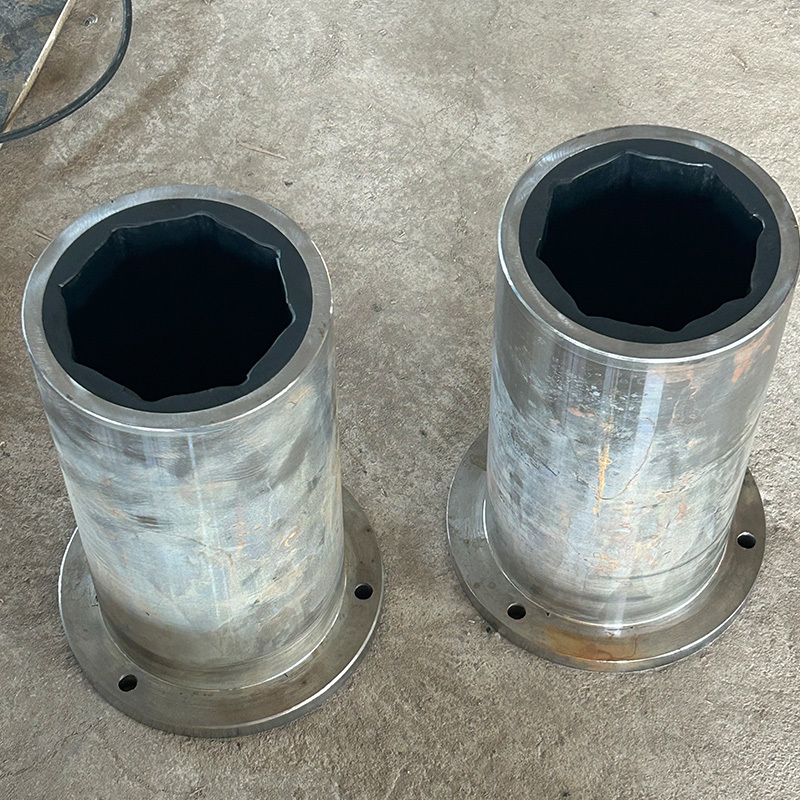Marine Rubber Bearing
Release Time:
May 27,2025
Marine rubber bearings play a crucial role in various marine applications. These bearings are designed to withstand the harsh and unique conditions present in the marine environment.

Marine rubber bearings play a crucial role in various marine applications. These bearings are designed to withstand the harsh and unique conditions present in the marine environment.
One of the primary functions of marine rubber bearings is to support and isolate vibrations in marine machinery and structures. In ships, for example, engines, generators, and other rotating equipment generate vibrations during operation. Rubber bearings are used to absorb these vibrations, preventing them from being transmitted throughout the ship. This not only improves the comfort of the crew and passengers but also protects the integrity of the ship's structure. If the vibrations are not properly isolated, they can lead to fatigue and cracking of metal components over time.
Marine rubber bearings are also highly resistant to corrosion. The marine environment is extremely corrosive due to the presence of saltwater. Traditional metal bearings may corrode quickly in such conditions, leading to reduced performance and a shorter lifespan. Rubber, on the other hand, is not as susceptible to corrosion from saltwater. This makes rubber bearings a more reliable choice for long - term use in marine applications.
In addition, rubber bearings can be designed to have a certain degree of flexibility. This flexibility allows them to adapt to the movements and deformations that occur in marine structures. For instance, in offshore platforms that are constantly subjected to wave action, rubber bearings can help accommodate the small displacements and rotations without causing excessive stress on the overall structure.
The manufacturing process of marine rubber bearings is also of great importance. High - quality rubber materials are selected, and advanced manufacturing techniques are employed to ensure the bearings have the required mechanical properties. These properties include proper hardness, elasticity, and load - bearing capacity. Quality control measures are implemented at every stage of production to guarantee that the bearings meet the strict standards of the marine industry.
However, there are also challenges associated with marine rubber bearings. For example, they may be affected by temperature changes in the marine environment. Extreme cold or hot temperatures can alter the physical properties of the rubber, potentially affecting its performance. Therefore, research is continuously being carried out to develop rubber compounds that can better withstand a wide range of temperatures.
In conclusion, marine rubber bearings are an essential component in the marine industry. Their ability to isolate vibrations, resist corrosion, and adapt to structural movements makes them invaluable for ships, offshore platforms, and other marine structures. With ongoing research and development, their performance and reliability are expected to be further enhanced in the future.
Keywords:




